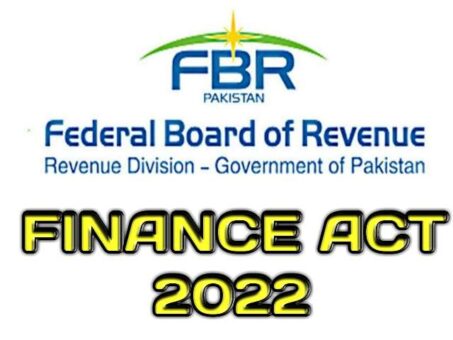Pakistan has introduced a 10 percent tax on money transfers to non-residents lacking a permanent establishment within the country who derive income from various financial services.
The decision, outlined in the Finance Act of 2022, is set to impact those earning income through money transfer operations, card network services, payment gateway services, and interbank financial telecommunications services.
According to the interpretation of the Finance Act by PwC A. F. Ferguson & Co., non-resident individuals without a Permanent Establishment in Pakistan, involved in money transfer operations, card network services, payment gateway services, and interbank financial telecommunications services, will now be subject to a 10 percent tax on their income.
To facilitate the implementation of this tax, the Finance Act has introduced withholding provisions in section 152. Under these provisions:
a) Banking companies are mandated to withhold tax when making payments related to any transaction fee, licensing fee, service charges, commission, or interbank financial telecommunication services.
b) Exchange companies licensed by the State Bank of Pakistan (SBP) are required to withhold tax when making payments to non-resident global money transfer operators, international money transfer operators, or other individuals, pertaining to service charges, commission, or fees in connection with international money transfers or other cross-border remittances facilitating outward remittances.
In instances where non-resident individuals retain the above-mentioned amounts, local banking or exchange companies are obligated to collect the advance tax from these individuals. However, non-residents protected by double tax treaties may invoke the business profits article to potentially claim an exemption from this tax.
It’s noteworthy that the rate of tax on ‘fees for offshore digital services’ has concurrently been raised from 5 percent to 10 percent. This adjustment aligns with global trends where countries are increasingly focusing on digital taxation to capture revenue from the rapidly growing digital economy.
The move is part of Pakistan’s broader efforts to modernize its tax regime, adapt to the evolving economic landscape, and ensure fair and equitable taxation practices. By taxing non-resident individuals engaged in financial services, Pakistan aims to create a level playing field and enhance revenue collection, contributing to its economic stability and development initiatives.
Stakeholders, including banking and exchange companies, will need to swiftly adapt to these changes, ensuring compliance with the new tax regulations. The impact on cross-border financial transactions and the potential response from affected parties will be closely monitored as the new taxation framework takes effect.
